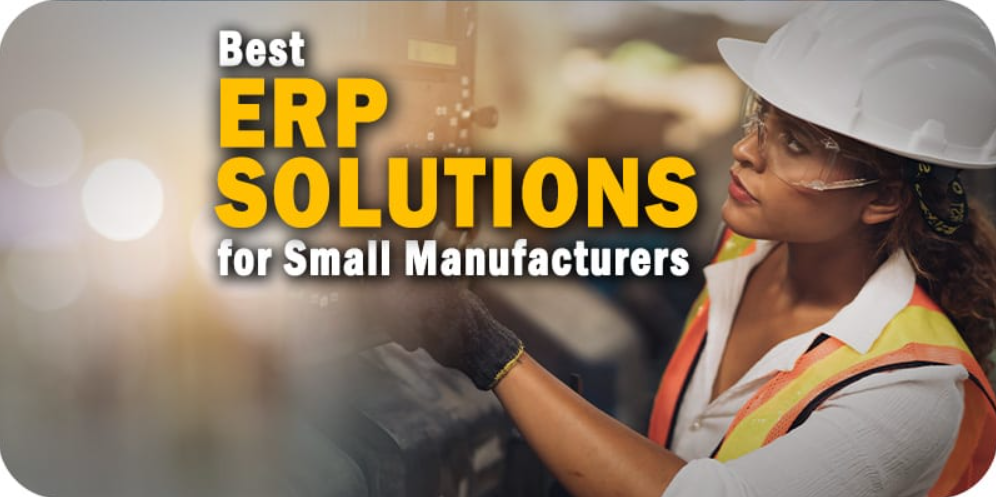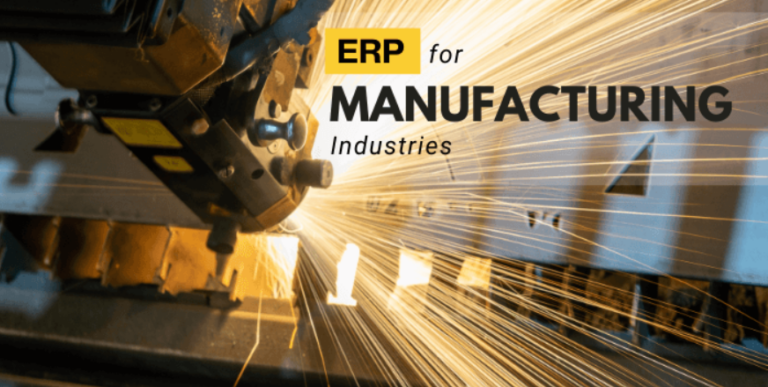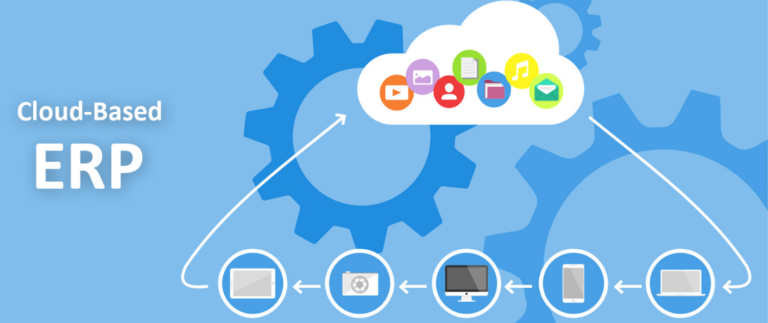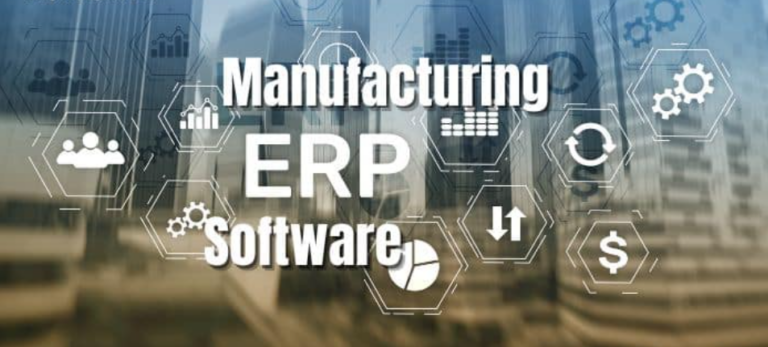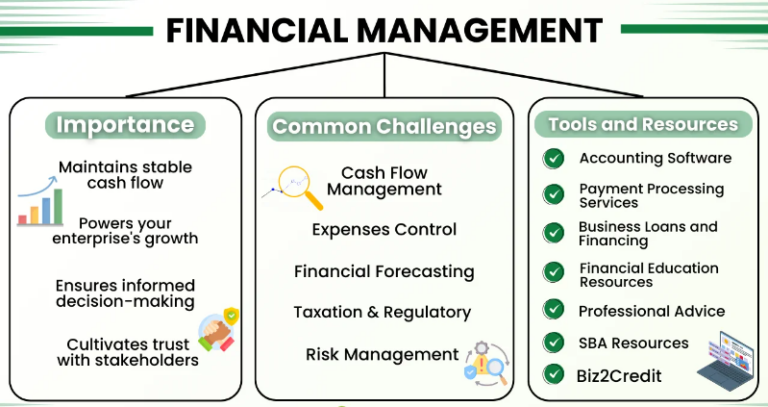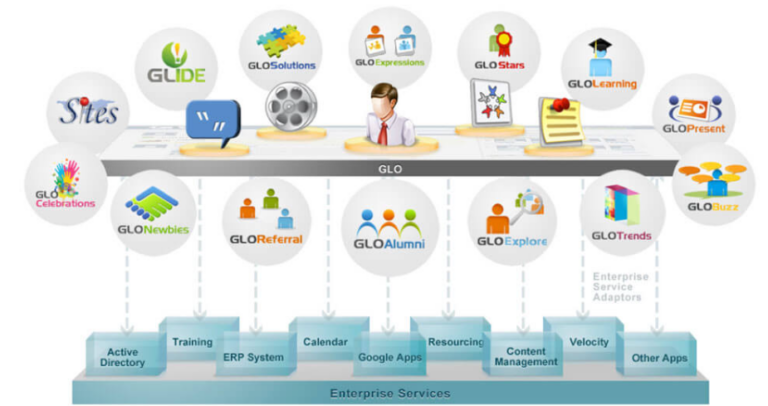Small manufacturing businesses need scalable solutions to manage their operations effectively. With the right ERP (Enterprise Resource Planning) software, these businesses can streamline processes, optimize resources, and improve overall efficiency. In this article, we’ll explore the top ERP systems specifically designed for small manufacturing companies, highlighting their features, benefits, use cases, and pricing.
Why ERP is Crucial for Small Manufacturing Businesses
An ERP system integrates key business processes, such as inventory management, production planning, and finance, into a unified platform. This not only helps reduce manual tasks and errors but also enables small manufacturing businesses to grow by making better decisions through real-time data insights.
Benefits of ERP for Small Manufacturing Businesses:
- Streamlined operations: With ERP, businesses can automate routine tasks, allowing for more focus on strategic activities.
- Real-time data: ERP provides up-to-date information on inventory, orders, and finances, helping with better decision-making.
- Cost efficiency: By reducing manual errors and optimizing resource allocation, ERP systems can cut down on operational costs.
- Improved collaboration: ERP systems enable cross-departmental communication and collaboration by centralizing data.
Top ERP Solutions for Small Manufacturing Businesses
To help small manufacturing businesses find the best ERP system, we’ve curated the top five ERP software options, detailing their use cases, pros, cons, pricing, and more.
Insert image of the product format
1. NetSuite ERP
<a href=”https://www.netsuite.com”>NetSuite ERP</a> is a cloud-based solution designed to streamline core business processes like inventory management, financials, and order management. Its robust features are tailored to meet the specific needs of small and growing manufacturing businesses.
Use Case:
NetSuite is ideal for small manufacturers looking for an all-in-one solution to handle both front-office and back-office operations. It’s particularly suited for businesses with complex workflows that need scalability.
Pros:
- Comprehensive suite of tools for manufacturing, inventory, and financial management.
- Real-time visibility into all aspects of the business.
- Strong customization options.
Cons:
- High cost for small businesses on a limited budget.
- Steeper learning curve due to its extensive features.
Price: NetSuite ERP typically starts at around $1,000/month but varies based on business size and needs.
Where to Buy: NetSuite ERP is available directly through <a href=”https://www.netsuite.com”>NetSuite’s website</a>.
Insert image of the product format
2. Odoo ERP
<a href=”https://www.odoo.com”>Odoo</a> offers a highly customizable ERP system that includes modules for inventory management, sales, CRM, and accounting, making it a popular choice for small manufacturers.
Use Case:
Odoo works well for businesses that need a flexible system with the ability to add or remove features as needed. Small manufacturers that prioritize affordability and customization will benefit most from Odoo.
Pros:
- Open-source and highly customizable.
- Affordable pricing compared to competitors.
- Modular structure allows businesses to select only the tools they need.
Cons:
- Can be complex to set up without technical expertise.
- Limited out-of-the-box features compared to larger ERP solutions.
Price: Odoo’s pricing starts at $24/user/month, making it one of the more affordable ERP options.
Where to Buy: Odoo ERP is available via <a href=”https://www.odoo.com”>Odoo’s official website</a>.
Insert image of the product format
3. SAP Business One
<a href=”https://www.sap.com/products/business-one.html”>SAP Business One</a> is a well-known ERP solution aimed at small and medium-sized businesses. It provides tools for managing financials, inventory, and customer relationships in one platform.
Use Case:
SAP Business One is perfect for small manufacturing businesses with ambitions to scale. Its extensive integrations and advanced reporting make it ideal for growing businesses.
Pros:
- Extensive third-party integrations.
- Real-time business insights through powerful reporting tools.
- Trusted by businesses worldwide for its reliability and security.
Cons:
- Higher cost compared to more basic ERP solutions.
- Setup can be complex, especially for smaller companies.
Price: SAP Business One typically costs around $3,000–$5,000 for the initial license, plus an ongoing subscription fee.
Where to Buy: You can purchase SAP Business One directly from <a href=”https://www.sap.com/products/business-one.html”>SAP’s website</a>.
Benefits of Using ERP for Manufacturing
Implementing an ERP system offers various advantages to small manufacturing businesses beyond basic process management.
- Better Forecasting: ERP software provides real-time data and analytics, which helps in better forecasting of production needs, inventory management, and customer demand.
- Reduced Lead Times: By automating the flow of information across departments, ERP can significantly reduce lead times, improving customer satisfaction.
- Enhanced Compliance: Manufacturing businesses often face regulatory hurdles. ERP helps ensure compliance by providing the necessary documentation and data tracking for audits.
Problem Solving and Use Cases
For small manufacturing businesses, one of the biggest challenges is managing growth while keeping operational costs down. ERP systems solve these problems by automating manual processes, reducing errors, and improving resource allocation.
For example, a small business manufacturing custom furniture may struggle to keep track of inventory, customer orders, and production timelines. By using an ERP system like NetSuite or SAP Business One, they can automate their inventory management, receive real-time alerts about stock levels, and streamline order fulfillment, reducing delays and improving customer satisfaction.
How to Buy and Where to Buy
Most ERP systems can be purchased directly from the vendor’s website or through certified partners. When buying an ERP system for your small manufacturing business, it’s essential to:
- Assess your business needs: Identify the key processes you want to automate or improve.
- Compare different solutions: Look for software that offers the features you need without overpaying for unnecessary modules.
- Request a demo or trial: Many ERP vendors offer free trials or demonstrations, allowing you to test the system before committing.
For purchasing links:
FAQs
1. What is ERP for small manufacturing businesses?
ERP for small manufacturing businesses refers to software that helps manage core operations like inventory, production, sales, and financials in a unified platform.
2. How much does an ERP system cost for small manufacturers?
ERP costs vary depending on the software, number of users, and additional features. Prices can range from $24/user/month to several thousand dollars for larger systems like SAP Business One.
3. What’s the best ERP for small manufacturing businesses?
The best ERP depends on your specific business needs. NetSuite is great for comprehensive solutions, while Odoo is perfect for customization, and SAP Business One is ideal for scalability.
